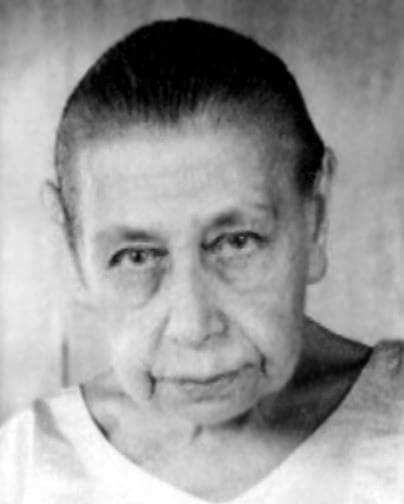Need of Compliments

The Mother’s Help from distance
06/10/2021
Intellectual Preparation
06/12/2021That is a great error of the human vital—to want compliments for their own sake and to be depressed by their absence and imagine that it means there is no capacity. In this world one starts with ignorance and imperfection in whatever one does—one has to find out one’s mistakes and to learn, one has to commit errors and find out by correcting them the right way to do things. Nobody in the world has ever escaped from this law. So what one has to expect from others is not compliments all the time, but praise of what is right or well done and criticism of errors and mistakes. The more one can bear criticism and see one’s mistakes, the more likely one is to arrive at the fullness of one’s capacity. Especially when one is very young—before the age of maturity—one cannot easily do perfect work. What is called the juvenile work of poets and painters—work done in their early years is always imperfect, it is a promise and has qualities—but the real perfection and full use of their powers comes afterwards. They themselves know that very well, but they go on writing or painting because they know also that by doing so they will develop their powers.
As for comparison with others, one ought not to do that. Each one has his own lesson to learn, his own work to do and he must concern himself with that, not with the superior or inferior progress of others in comparison with himself. If he is behind today, he can be in full capacity hereafter and it is for that future perfection of his powers that he must labour. You are young and have everything yet to learn—your capacities are yet only in bud, you must wait and work for them to be in full bloom—and you must not mind if it takes months and years even to arrive at something satisfying and perfect. It will come in its proper time, and the work you do now is always a step towards it.
But learn to welcome criticism and the pointing out of imperfections—the more you do so, the more rapidly you will advance.
Ref : Letters on Yoga Vol. II




